Jane Rowe on Mirabel Foundation’s mission to help drug addiction’s most innocent victims
After battling her own addiction and watching an orphaned child weep at his mother’s coffin, Jane Rowe decided to spend her life caring for those who needed looking after. Twenty years on, she’s helped thousands of children affected by their parents’ drug use.
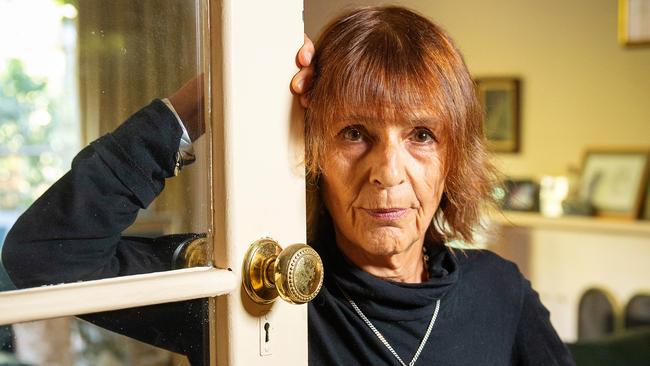
VIC News
Don't miss out on the headlines from VIC News. Followed categories will be added to My News.
Jane Rowe was born in the UK, worked for Richard Branson, got into the party scene, became an addict, met an Australian, got clean, moved here, got married, became a counsellor and straightened her life out.
After watching an orphaned child stand at her mother’s coffin, she decided to spend her life looking after those that needed looking after.
After spending time with Jane Rowe, you leave knowing she is the type of woman you want in your life.
MORE HAMISH McLACHLAN:
NO JOY FOR JUDY MURRAY IN WATCHING TENNIS
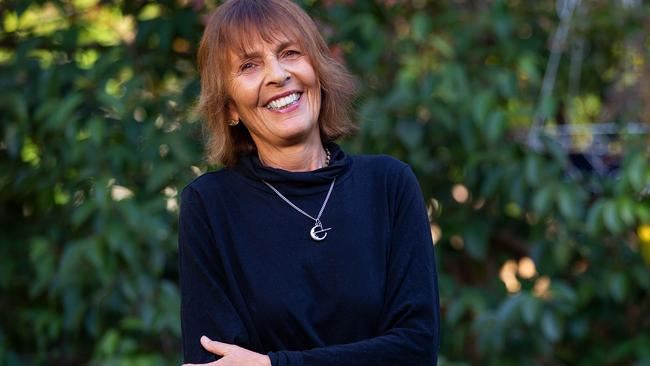
HM: Life started for you, from what I can gather, in a very privileged environment. Chauffeured to school, with everything ahead of you?
JR: That’s right, but as a child, you never see it as that, do you? But yes, an incredibly privileged upbringing. A rather dysfunctional family, though …
HM: It was?
JR: In some ways, but I always felt incredibly loved. The gift of unconditional love, that’s exactly what my mother gave me. My parents didn’t put any expectations on me, probably to my demise. The only expectation was, really, to be a decent, compassionate human being.
HM: You used to head up to London with your parents as a young girl. You saw something that you remember vividly one night?
JR: I can remember vividly as an eight-year-old sitting in the back of a black cab with my parents, coming through Piccadilly, and it was close to midnight. There was a queue outside the Boots Chemist, and I can remember saying to my mum, “Why are all these people queuing up at this time?” And she said, “Because they’re heroin addicts and at a minute past midnight, they’ll get their next dose for the day.” This thought just went through my head that it would be me one day. I didn’t dwell on it, I didn’t romanticise about it, but I remember that.
HM: So at eight years old you were thinking, “I will become a heroin addict?”
JR: It was just a flash thought, and I don’t know if I even understood it, but there was bizarrely no fear. I didn’t think about it again for many years.
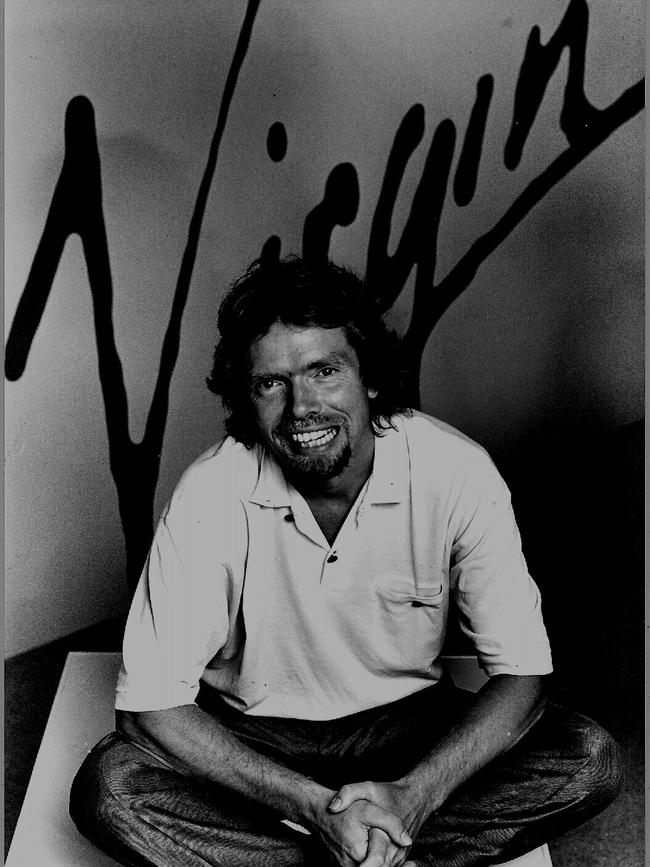
HM: After meandering through college, you got a job working for Sir Richard Branson?
JR: Yes! I was talking to a very good friend of mine, and we’d been at school together. She said, “Oh, my cousin is helping set up a record company with this guy. I’ll give you his number, give him a call and go meet him.” That’s what I did. Turns out he was working for Richard Branson setting up Virgin Records! At that stage it was mostly a record mail order company, an office and warehouse on Portobello Rd. I met with them and was asked my name and star sign. I got the job.
HM: What was the star sign?
JR: Aquarius.
HM: Why was Aquarius the right answer?
JR: Who knows if there was any right answer! But they didn’t ask about my typing …
HM: In the rock scene, and seemingly broadly at the time, there were drugs everywhere?
JR: Yes, and with the lifestyle and people I was hanging out with they were everywhere. Dope, acid, every drug — it was the time of Timothy Leary, Carlos Castaneda, hippies and punks, so being stoned was just all part of it. Drugs were always there and I didn’t realise it at the time, but it did definitely get ramped up to another level without any real conscious thought. I think some people often do enjoy drugs, but no one ever thinks they’re going to get addicted. That’s not a thought process. It wasn’t even on my radar.
HM: Did you know that heroin was as addictive as it is?
JR: Probably, but it’s that thought of “it will never happen to me!”
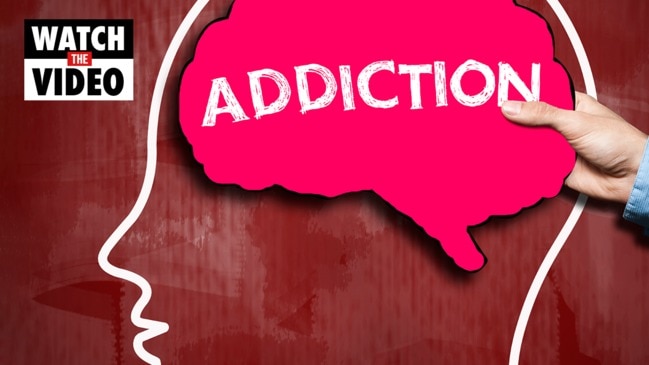
HM: But it did.
JR: That’s right. When my family found out and I was first put into treatment for addiction, it was very punitive. The attitude was: “You’ve been a very bad girl!” There was never any ‘why’ or consideration of any emotional reasons. It was like I’d made a selfish, deliberate decision to be a terrible human being.
HM: No “can I help you through this?”
JR: No, none of that. This was really the early days of drug rehab, so when my family looked to get me help, the only place they found was this London clinic for alcoholic women that had very little understanding of heroin addiction, other than the physical withdrawal. I remember going in, I got an injection in my arse, and they kept me heavily sedated and asleep for the next five days. Then they basically woke me up and said, “You’re over the physical withdrawal, you’re cured, don’t be naughty again, on your way now.” Addiction goes way beyond physical dependence and psychology plays a big part in recovery but that was never addressed.
HM: What do you think your emotional reason was?
JR: My emotional reason was feeling a lot of inner angst and fear from childhood. My dad was a very heavy drinker, very loving, but a very heavy drinker. One of my earliest memories is of me standing in my cot, upstairs in a house in England, and downstairs hearing my father going berserk. I was crying hysterically, shaking the cot, crying “Mummy, Mummy”. I was always scared that he was going to hurt my mum. Having done a lot of therapy over the years, fundamentally and very simplistically, heroin took away that inner anxiety. It calmed me.
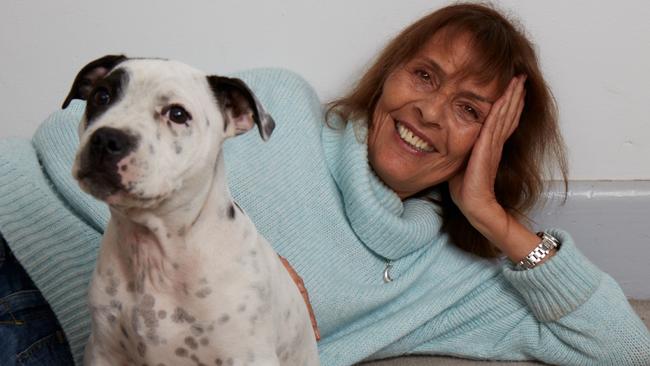
HM: Fast forwarding through, you end up falling in love with an Aussie … You come here, get married, have a couple of kids. When do you get clean?
JR: I’d stopped using drugs before leaving Europe but I still had all the emotional baggage.
HM: When did you decide that you wanted to help people and become a counsellor?
JR: When my marriage broke down and I needed to get a job. The only thing I wanted was to get a job working with people. I understood addiction, so I started as a volunteer, studied, did training, and then got offered a job very early on working in drug rehab at Windana.
HM: Which is a place where people can come, have 10 nights, a year and get clean?
JR: That’s right, but there was a long a waiting list with many more people needing help than beds available, and people were overdosing and dying waiting to get in.
HM: That was the catalyst for starting your own charity — Mirabel?
JR: Absolutely. One day, four friends who’d been on the waiting list for weeks arrived together to see me. I said that there still weren’t any beds, and they told me that they couldn’t cope anymore, and were going to go out and get stoned that night. I said, “I can’t stop you doing that, I wish I could, but if you’re going to, there’s really strong heroin out there, and the people who are dying are the people who are using by themselves. You must stay together as a group, don’t use in isolation.” They all went out that night, got heroin, and all four passed out. Only two woke up. Two didn’t, and the two that died were young mums. I knew their kids.
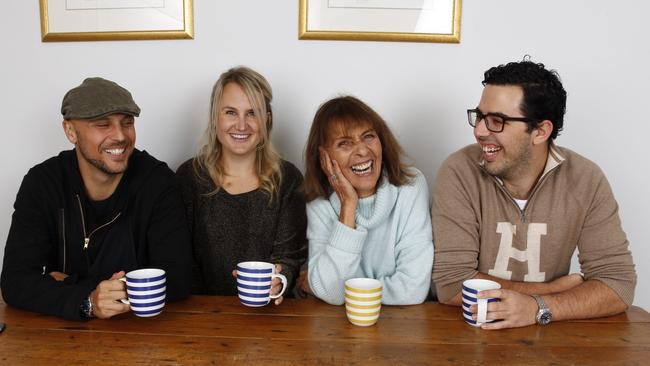
HM: And it really affected you?
JR: I can remember getting into Windana the next morning and being told what happened. The funeral of one of the young mums was on a Thursday, and I knew her little boy quite well. I went to her funeral. Her biological parents were there, but they hadn’t seen her in many years as her drug use had fragmented the family. They didn’t even know they had a grandson. This little boy was sitting with a social worker, he would have been about six, absolutely devastated. The only person in his life had been his mum. At the end of the service, as his mum’s coffin was lowered, this little boy went running up, crying uncontrollably, “Where are you putting my Mummy?” He was escorted out by the social worker and his future was being moved from home to home, until a permanent home could be found. He’d lost all sense of love, belonging and hope, and would undoubtedly be more likely to use drugs later in life to cope with his trauma. Supporting kids at this time has to be one of the most proactive ways of preventing them using drugs later in life.
HM: And that night you went home and knew something had to change, and you essentially founded Mirabel.
JR: I went home that night, and it just haunted me. Everyone reads about drug users, the stereotypes, down and out on the street, but addiction doesn’t discriminate and no one ever thinks about what happens to the kids who get left. I thought, I just want to raise awareness of what’s happening in the media. I’d met a lot of musicians over the years, and the night of the funeral I lay awake thinking, “What can I do?” Maybe we could do a benefit concert, which will raise awareness, so that next time when people read about another overdose they’ll actually think, “I wonder if any children were left behind?” and may help them. And I thought with the money we raise from the concert, I can buy Christmas presents for the kids I know who’ve lost mum or dad in the past year or 18 months.
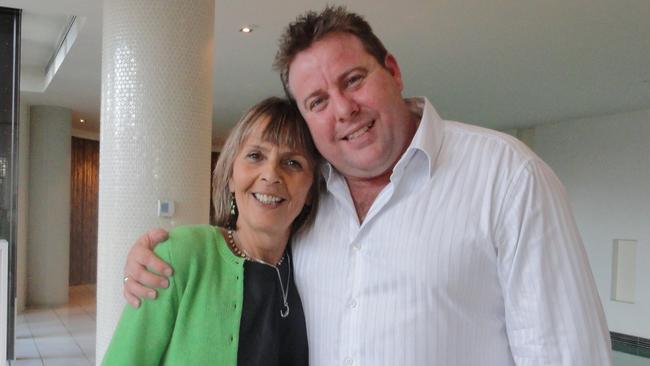
HM: You ran the concert?
JR: A musician friend of mine, Spencer P Jones, who sadly died last year, along with many favours from mates and the entertainment industry, organised a “who’s who” of Australian music. And then it snowballed. That was from the overdoses days earlier to the funeral on the Thursday, to the following Monday with a two-night benefit concert locked in.
HM: And 20 years has gone like that.
JR: Every week there is another case, and they touch me every time.
HM: The function of Mirabel is to help abandoned or orphaned kids from drug-affected parents. How do you do that?
JR: Normally a grandparent, aunt or uncle will ring and talk to one of the Mirabel team. I didn’t want there to ever be a waiting list, so people who are in crisis, bang, we respond. That’s what we do. It’s about knowing the family, seeing what they need, emotionally, practically, immediately and long-term, and getting them sorted. Mirabel was established to provide a gap in services, and we collaborate with a number of wonderful organisations to provide what we can’t. Working together we can be mighty, we can all make a difference. The whole thing with Mirabel is that we’re here for the long haul. We’re about breaking the cycle of drug use. We’re about restoring a sense of love, belonging and hope.
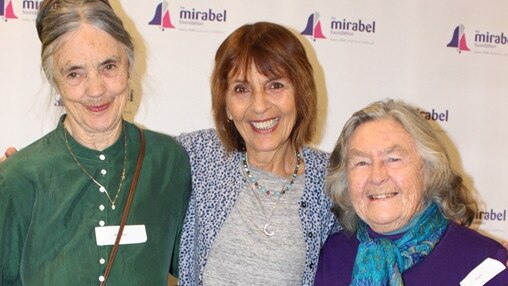
HM: You’ve had kids with you for a decade or two?
JR: Yes, many. I’ve got a young man in the office next door who now works with us, who was a Mirabel kid.
HM: To do what you do is time consuming, labour intensive and expensive. There’s no government support of any material nature?
JR: At the moment, government support accounts for about 8 per cent of what we need, what we have to bring in just to keep things running.
HM: And the last 92 per cent?
JR: Philanthropists, individual donors, foundations, fundraising … I’m almost a professional beggar!
WHY TRAVIS CLOKE FELL OUT OF LOVE WITH FOOTY
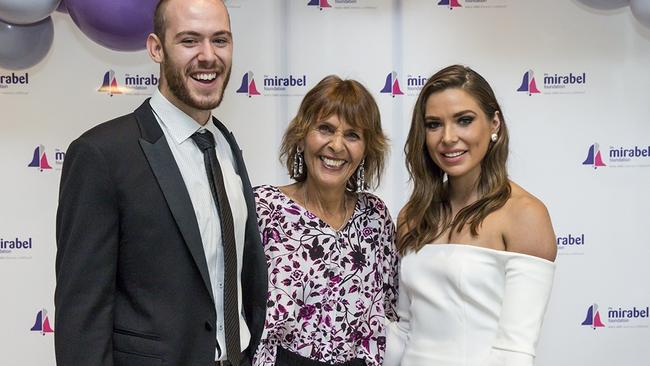
HM: What would be an ideal scenario for Mirabel?
JR: To have a benefactor make a bequest or massive donation and never worry about money again — that is a dream scenario. Even if we didn’t have to worry about money for a couple of years. Fundraising is a stressful, time-demanding process but critical for our existence.
HM: How many children do you see a year?
JR: We’re currently supporting about 1700 kids.
HM: Thank you. You’ve done an extraordinary job over the last 20 years, and society owes you a lot.
JR: Thanks, I really appreciate that. I just have to say, we’ve been so blessed at Mirabel. You’re only ever as good as the people you’re surrounded by and that’s just been a gift for me. It continues to be a total team effort.
— You can donate at mirabelfoundation.org.au


